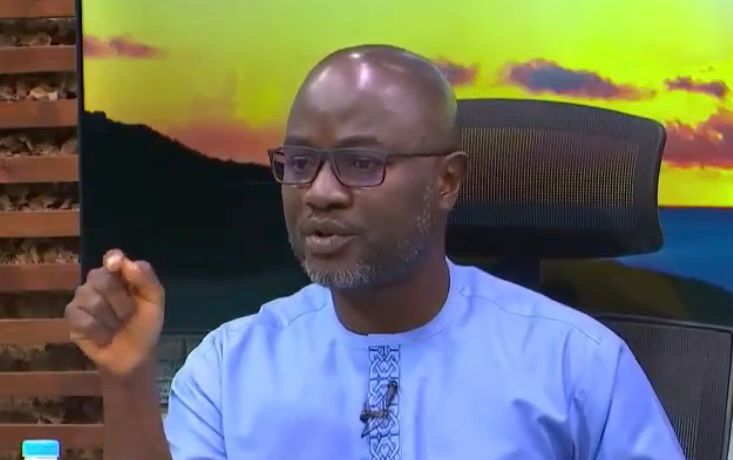The New Patriotic Party (NPP) faced a significant setback in the Akwatia by-election held on September 2nd, 2024, losing to the National Democratic Congress (NDC) candidate, Lawyer Bernard Bediako Baidoo, by a margin of approximately 3,000 votes. Fuseini Issah, former Member of Parliament for Okaikwei North, attributed the loss to unfavorable timing, coinciding with the party’s internal restructuring and preparations for the 2026 flagbearer race. This internal focus, he argued, diverted attention and resources away from the by-election, hindering the party’s ability to mount a robust and effective campaign. The absence of a clear flagbearer further exacerbated the situation, impacting party unity and coordination on the ground in Akwatia.
The NPP’s internal processes, primarily the ongoing selection of a flagbearer for the 2026 general elections, consumed significant party energy and resources. This internal contest created a divided focus within the party, hindering the ability to effectively mobilize and concentrate efforts on the Akwatia by-election. While a by-election requires a concentrated, localized campaign strategy, the party’s attention was split between managing internal competition and addressing the immediate needs of the by-election. This division of resources, both human and financial, likely played a crucial role in the NPP’s defeat. The demanding nature of a flagbearer race, involving extensive campaigning, fundraising, and internal politicking, naturally draws attention and resources away from other political activities, leaving the party less equipped to effectively contest a concurrent by-election.
The lack of a definitive leader further complicated the NPP’s campaign efforts. A clear flagbearer provides a focal point for party unity, direction, and messaging. Without a designated leader, the party may struggle to present a cohesive front and effectively mobilize its base. The absence of a singular figurehead can also lead to internal disagreements and power struggles, further diverting attention and resources away from the immediate electoral contest. In Akwatia, the lack of a unifying leader hampered the party’s ability to coordinate its campaign strategy, effectively communicate its message to voters, and project an image of unity and strength. This leadership vacuum likely allowed the NDC to capitalize on the NPP’s internal divisions and secure a victory.
Issah emphasized that the timing of the by-election created a challenging environment for the NPP. Ideally, the party would have preferred to complete its internal elections and establish a clear leader before contesting the by-election. A settled leadership structure would have provided a stable foundation for the campaign, enabling the party to focus its resources and messaging effectively. The concurrent nature of the internal race and the by-election placed the NPP at a disadvantage, forcing it to manage competing priorities at a crucial moment. This challenging timing made it difficult for the party to present a united front and effectively engage with voters in Akwatia.
Despite the setback, Issah cautioned against extrapolating broader electoral implications from the by-election results. He argued that the unique circumstances surrounding the contest, particularly the internal dynamics within the NPP, made it an unreliable indicator of future electoral performance. By-elections, by their nature, are often influenced by localized factors and specific circumstances that may not reflect broader political trends. The low voter turnout often seen in by-elections can also skew the results, making it difficult to draw definitive conclusions about the overall political landscape.
While acknowledging the disappointment of the loss, Issah stressed the importance of focusing on the bigger picture. The NPP, he suggested, should learn from the experience in Akwatia and use it to strengthen its position for the upcoming general elections. The party must address its internal challenges, unify under a clear leader, and develop a cohesive strategy to regain momentum and connect with voters effectively. The Akwatia by-election, while a setback, can serve as a valuable learning experience, highlighting areas where the party needs to improve and adapt in preparation for the more significant challenges ahead.


